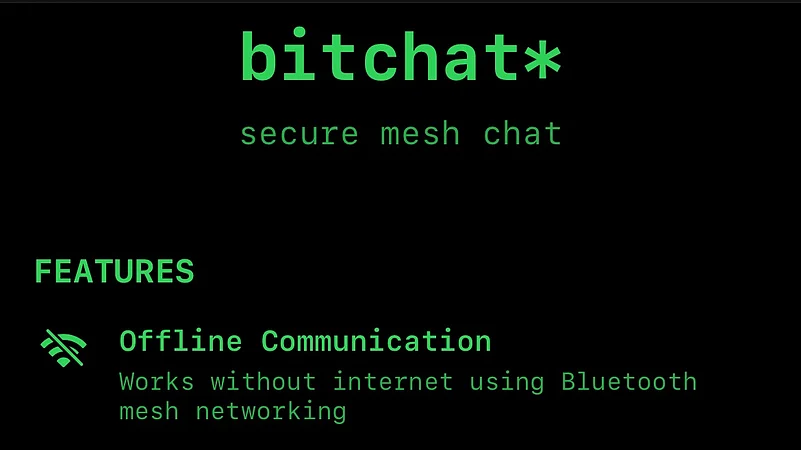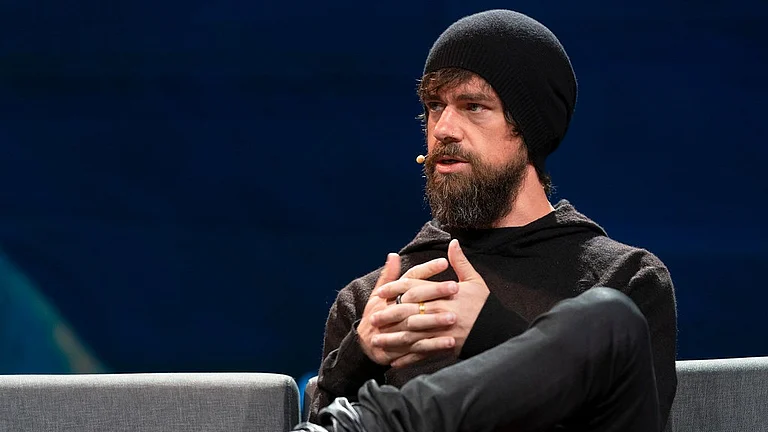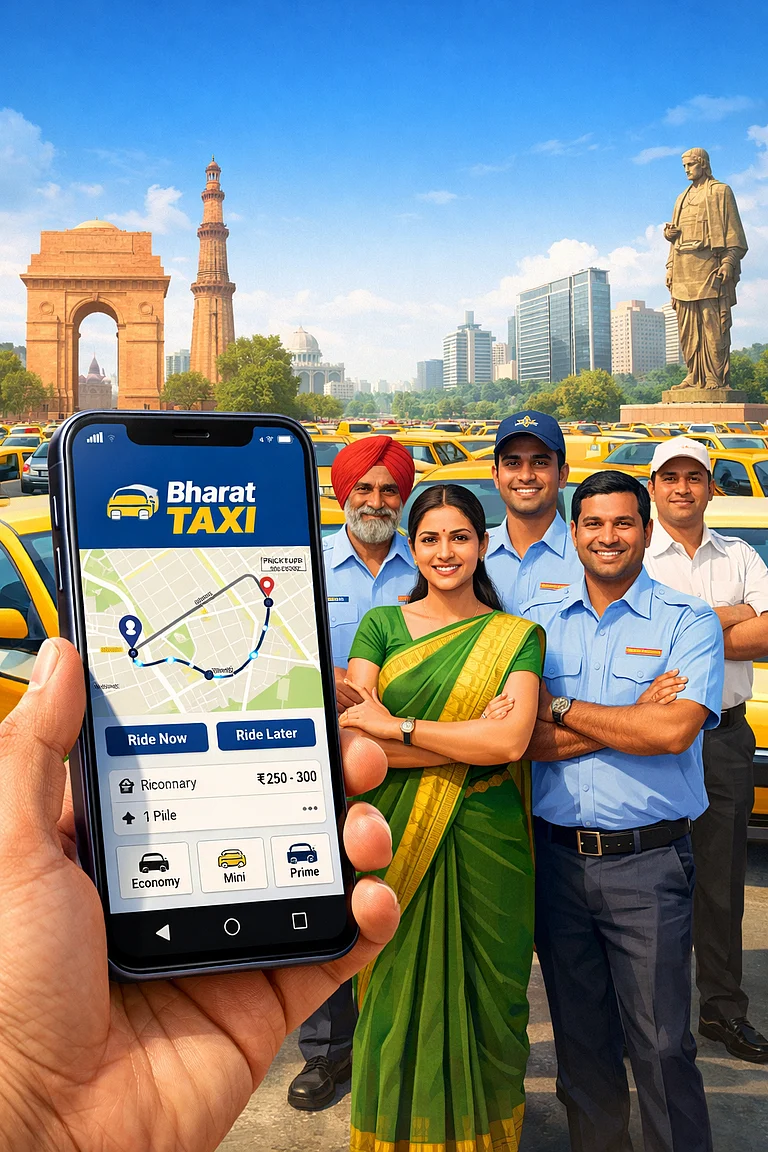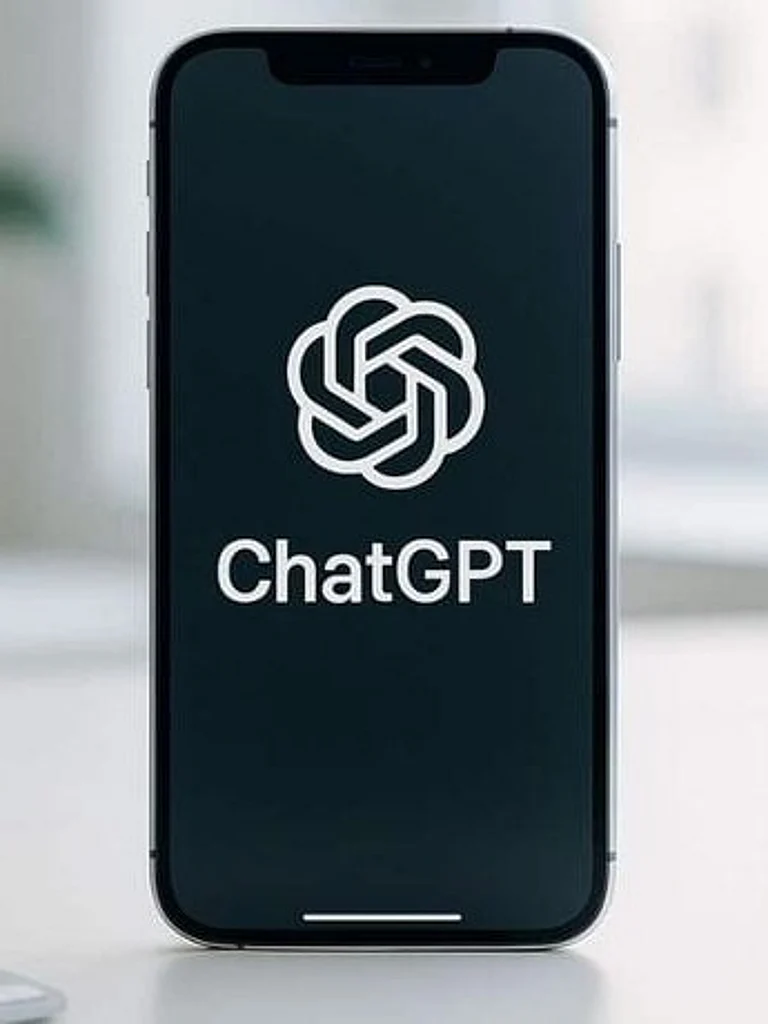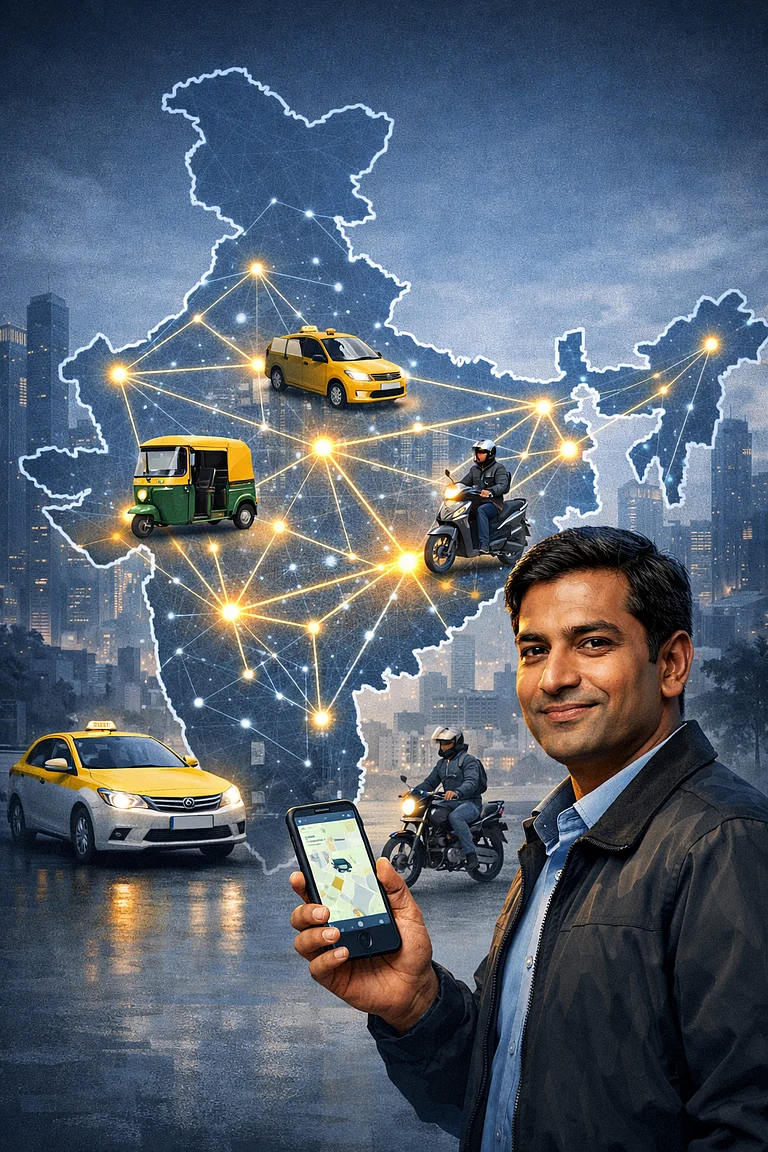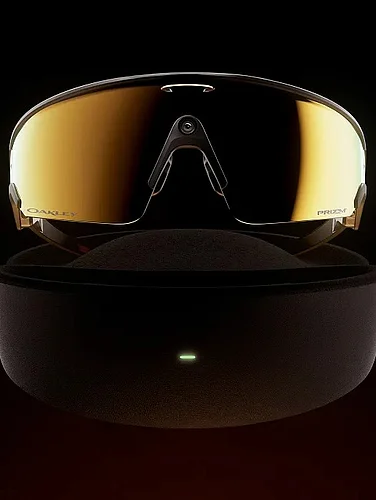Twitter co-founder Jack Dorsey today unveiled Bitchat, a peer-to-peer messaging app that operates entirely without internet connectivity, launched in beta via Apple’s TestFlight.
Bitchat uses Bluetooth Low Energy (BLE) mesh networking to route end-to-end encrypted messages directly between devices, enabling communication in areas without Wi-Fi or cellular service, such as during network outages, emergencies, or in remote regions.
Bitchat’s decentralised design eliminates the need for central servers, phone-number registration, or persistent user accounts. Smartphones within approximately 30 meters form local clusters, relaying encrypted messages hop-by-hop as users move, extending the network’s reach beyond a single Bluetooth connection.
Messages are stored only on users’ devices, automatically expire after a short interval, and include privacy-preserving features like opt-in message bridging, channel-level permission controls, and cryptographic identity isolation to verify participants without revealing personal data.
The app introduces “rooms” for multi-party chats, @handlementions, and password-protected conversation channels, building on grassroots offline messaging tools used during events like the 2019 Hong Kong protests.
Since opening its iOS beta, Bitchat reached Apple’s 10,000-tester cap, prompting Dorsey to publish a whitepaper detailing the app’s architecture and invite more early collaborators. The beta focuses on optimizing battery consumption and improving message relay stability, with plans to incorporate Wi-Fi Direct protocols to enhance bandwidth and support richer content sharing, such as photos and videos, over the ad-hoc network.
The whitepaper emphasizes Bitchat’s vision: “Bitchat demonstrates that secure, private messaging is possible without centralized infrastructure,” combining “Bluetooth mesh networking, end-to-end encryption and privacy-preserving protocols” for resilient communication.
Dorsey positions Bitchat as a complement to platforms like WhatsApp and Telegram, targeting scenarios like disaster response, protests, community events, and rural areas with limited connectivity. Its store-and-forward mechanism ensures messages saved on one device deliver when another user comes into range, preserving battery life and enabling communication in network blackouts or crowded gatherings where cellular and Wi-Fi networks falter.
As Bitchat moves toward a broader release, questions remain about its adoption beyond tech-savvy iOS users and its compatibility with Android devices. Nevertheless, its blend of offline resilience, enhanced social features, and censorship-resistant design marks a significant step for decentralised messaging, underscoring Dorsey’s ambition to reshape connectivity.






